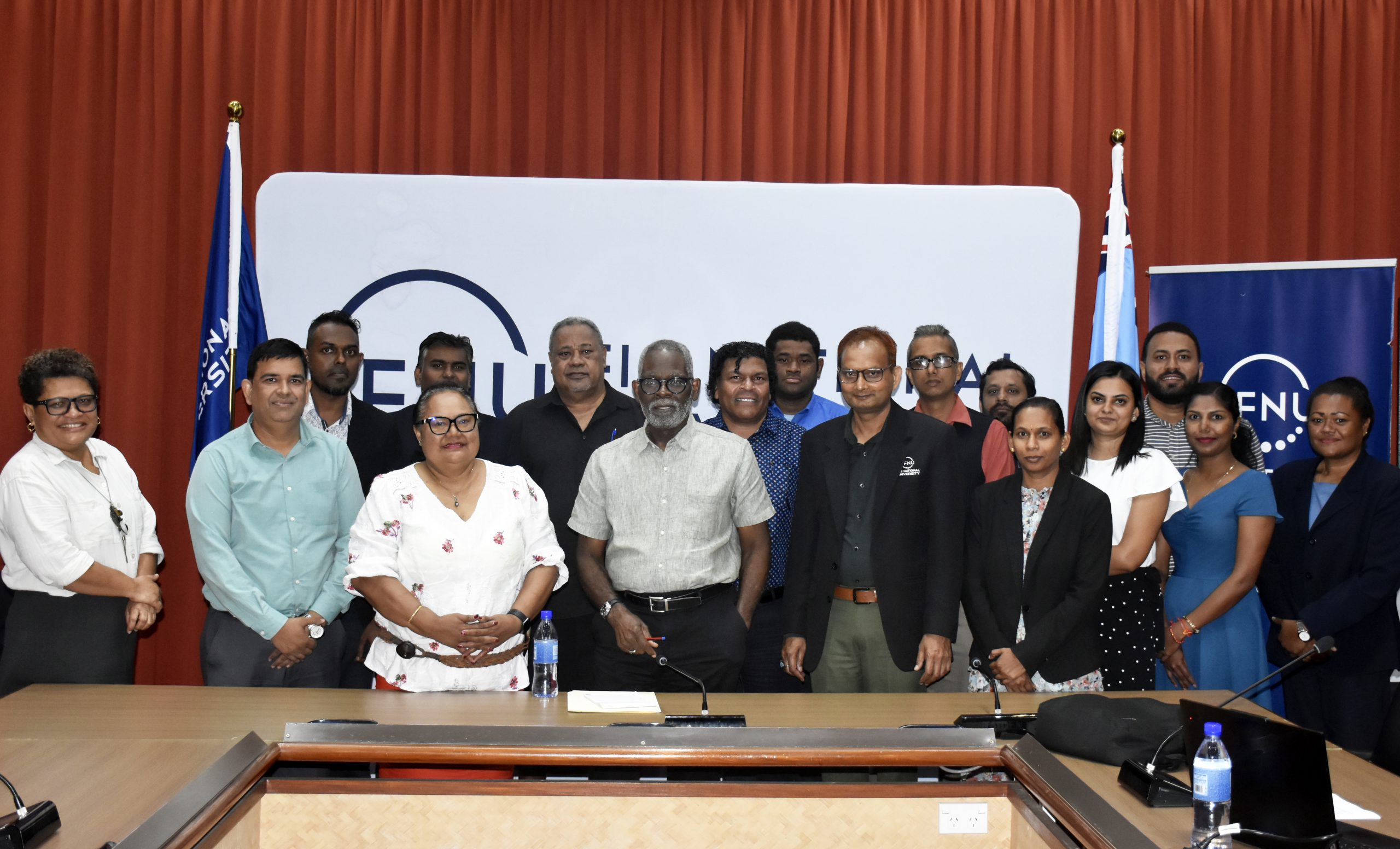

The Fiji National University (FNU) has introduced a pioneering initiative aimed at deepening students’ understanding of the Pacific region. On Tuesday, 5 August 2025, the university’s Centre for Graduate Studies celebrated the launch of its new Mandatory Pacific Studies Module at the Nasinu Campus, marking a significant step in fostering regional awareness among its postgraduate community.
This innovative non-credit short course is designed exclusively for Master’s by Research and PhD students enrolled at FNU. Comprising five comprehensive modules, the course explores various facets of the South Pacific Island Countries, equipping students with vital regional knowledge that is increasingly pertinent in today’s interconnected world.
The five modules include:
Students have the flexibility to undertake this course at any stage of their graduate programme, thanks to its online format hosted on Moodle. Upon completion, students will receive a certificate of achievement, which will be incorporated into their graduation requirements, underscoring the course’s importance in their academic journey.
Director of the Centre for Graduate Studies, Dr Mumtaz Alam explained the rationale behind the module’s introduction saying “The new Graduate Studies Policy, approved in December last year, mandates that all graduate students successfully complete one preparatory research or training course offered by their respective colleges, and one mandatory course provided by the Centre for Graduate Studies. This module is specifically designed to meet that requirement for our postgraduate students.”
Highlighting its significance, Dr Alam emphasised that the course aims to ensure that all graduate students develop a nuanced understanding of the Pacific region.
“Pacific Studies fosters a profound appreciation of Pacific Island cultures and societies, drawing insights from disciplines such as history, geography, economics, political science, linguistics, sociology, psychology, and ethnobotany,” he stated.
Over the past five decades, Pacific societies have experienced profound transformations, including urbanisation and increased international migration within the broader contexts of globalisation and geopolitical shifts.
“Understanding these changes is crucial for anyone engaging with Pacific Island nations. This course offers essential knowledge about the cultures, histories, politics, and contemporary issues facing our region. It promotes cross-cultural awareness and critical thinking, which are vital skills in today’s global landscape,” he noted.
The course’s relevance extends across various fields, including international development, diplomacy, education, research, and community engagement—particularly for those working with Pacific Islander communities.
FNU’s Acting Vice-Chancellor, Professor Nii-K Plange, echoed these sentiments, underscoring the importance of regional understanding among postgraduate students.
“It has become increasingly clear that many of our postgraduate students lack a comprehensive understanding of the South Pacific—its cultures, economies, politics, and its role within global affairs,” he said.
“The Centre for Graduate Studies recognised this gap and took proactive steps to address it through this course.”
Professor Plange highlighted that while Pacific-related content has historically been embedded within various courses across the university’s colleges, this new module consolidates and expands upon that knowledge.
“Our aim is to provide a unified and holistic Pacific Studies curriculum that brings together these diverse elements. Going forward we also intend to develop an additional module on ‘Political Economy’ as a framework for understanding and analysing development processes and challenges. The objective is to enrich our students’ insights, and capacity, in appraising national and regional events,” he explained
As the region continues to evolve amidst global changes, FNU’s initiative ensures its graduates are well-prepared to engage with and support Pacific Island nations effectively.
For more information visit the FNU website at http://www.fnu.ac.fj or contact the Director for Graduate studies, Dr Mumtaz Alam on mumtaz.alam@fnu.ac.fj.
ENDS